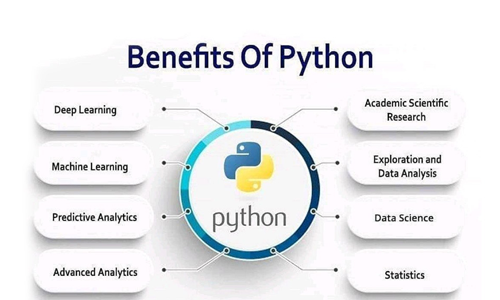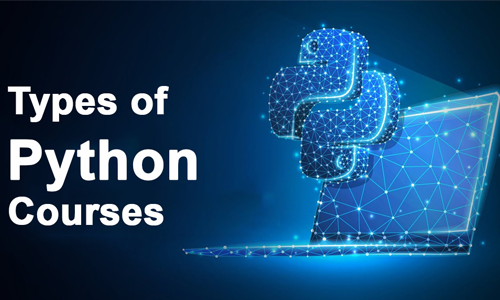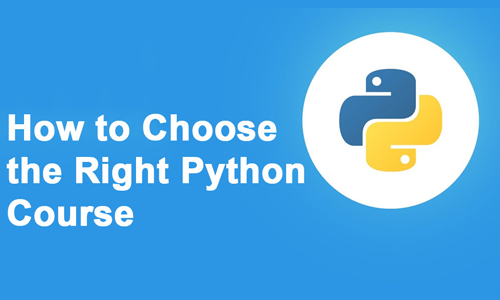Why Learn Python? Benefits of Learning Python

Introduction
Python is one of the most popular programming languages that is widely used for various purposes such as web development, data analysis, machine learning, and more. Learning Python can open up new opportunities for your career, and there are plenty of Python courses available online. In this article, we will discuss everything you need to know about Python courses, including the benefits of learning Python, the types of Python courses available, and how to choose the right Python course for you.
Benefits of Learning Python

Before we dive into the types of Python courses, let's first discuss the benefits of learning Python. Here are some of the advantages of learning Python:
- Easy to Learn: Python has a simple syntax and is easy to understand, making it an ideal programming language for beginners.
- Versatility: Python can be used for a wide range of applications, from web development to data analysis, machine learning, and more.
- High Demand: Python is in high demand in the job market, and learning Python can increase your job opportunities and earning potential.
- Open-Source: Python is an open-source programming language, which means that the code is freely available to use, modify, and distribute.
Types of Python Courses

Now that we know the benefits of learning Python, let's discuss the types of Python courses available. Here are some of the most popular types of Python courses:
- Online Python Courses: Online Python courses are self-paced, and you can learn Python from the comfort of your home. These courses are available on various platforms such as Udemy, Coursera, edX, and more.
- Bootcamps: Python bootcamps are intensive courses that cover all the essential topics of Python in a short period. These bootcamps are ideal for individuals who want to learn Python quickly.
- University Courses: Many universities offer Python courses as part of their computer science or data science programs. These courses are more structured and cover a wide range of topics.
- Books: There are plenty of books available on Python that cover various topics. These books are ideal for individuals who prefer to learn through reading.
- In-Person Courses: In-person Python courses are instructor-led courses that take place in a classroom. These courses are ideal for individuals who prefer a more traditional classroom setting.
How to Choose the Right Python Course

Now that we know the types of Python courses available, the next question is, how do you choose the right Python course? Here are some factors to consider when choosing a Python course:
- Your Goals: The first thing to consider is your goals. Why do you want to learn Python? Do you want to build a career in Python or learn it for personal projects? Based on your goals, you can choose a course that aligns with your objectives.
- Course Content: The next factor to consider is the course content. What topics does the course cover? Does it cover the topics that you want to learn? Make sure to read the course description and syllabus to understand the course content.
- Course Format: The course format is also essential. Do you prefer self-paced online courses or in-person instructor-led courses? Choose a course format that suits your learning style.
- Course Duration: The course duration is also a crucial factor. Do you have a specific deadline to learn Python? Choose a course that fits within your timeline.
- Course Reviews: Finally, read the course reviews before enrolling in a course. Reviews from other students can give you an idea of the course quality and effectiveness.
Conclusion
Python is a versatile programming language that is in high demand in the job market, and learning Python can open up new career opportunities for individuals. With the wide variety of Python courses available, individuals can choose the course that suits their goals, learning style, and timeline. Whether it is an online course, bootcamp, university course, book, or in-person course, individuals can learn Python from the comfort of their home or in a traditional classroom setting. By considering factors such as course content, format, duration, and reviews, individuals can make an informed decision and choose the right Python course for them. With the benefits of learning Python and the availability of various Python courses, there has never been a better time to learn Python and enhance your skills.

